How Did Tea Become a Global Beverage?
Tea's journey from its ancient Chinese origins to a global phenomenon reflects its cultural significance and the impact of trade and colonialism. Today, tea's popularity is experiencing a renaissance, with a focus on organic cultivation and sustainable practices.
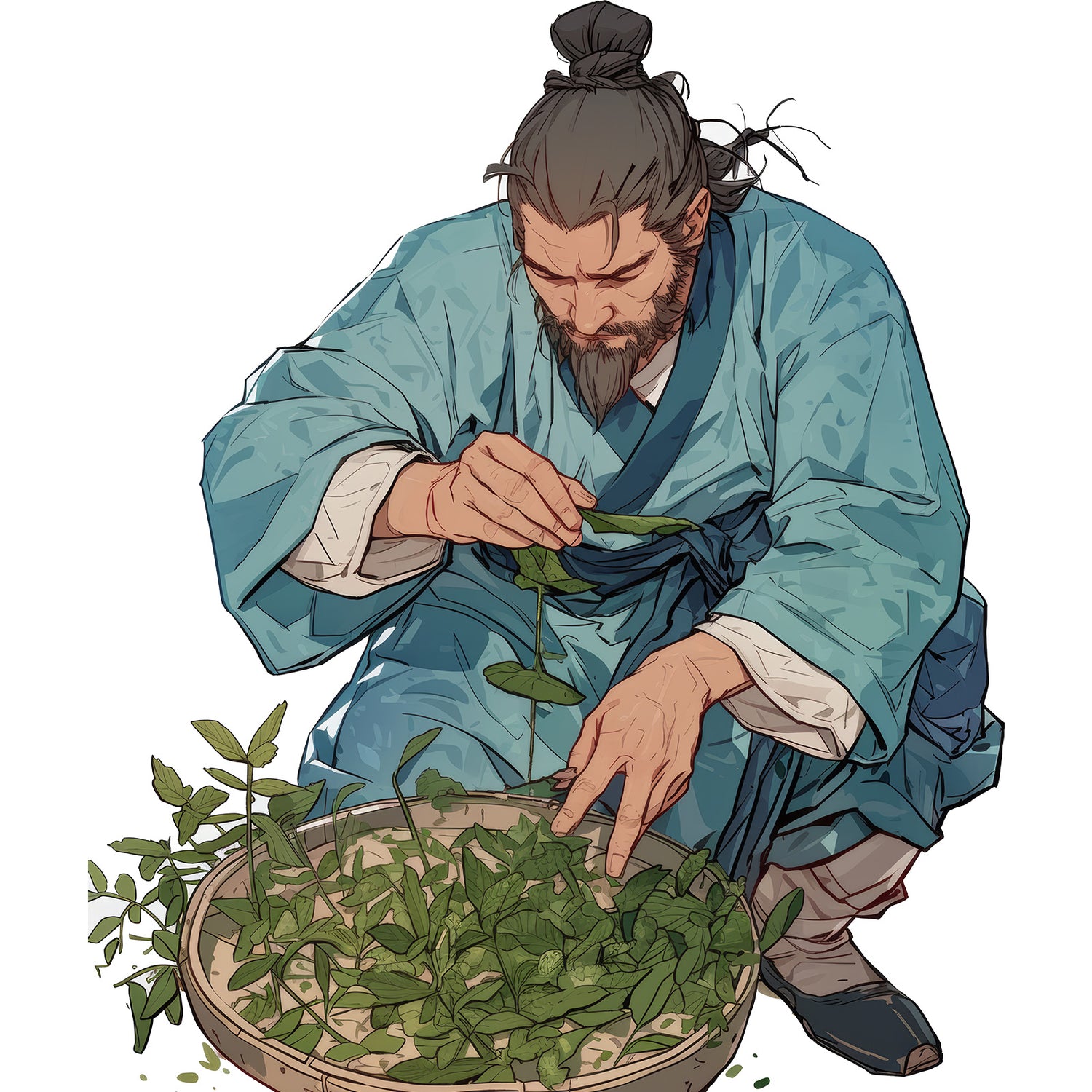
Mythical Beginnings
2737 BCE
According to legend, Emperor Shen Nong discovers tea when leaves fall into his boiling water.
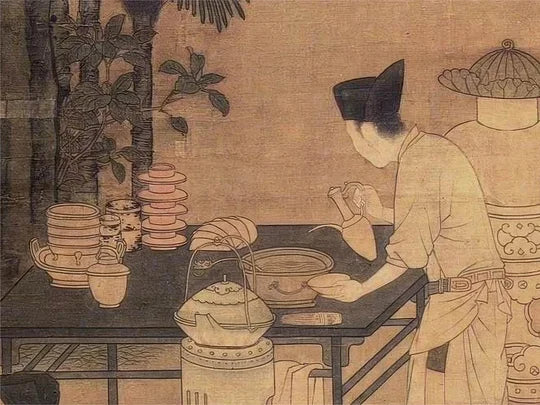
Ancient China
Han Dynasty (206 BCE - 220 CE)
Tea used primarily as a medicinal drink.
Tang Dynasty (618 - 907 CE)
Tea culture flourishes; Lu Yu writes "The Classic of Tea."
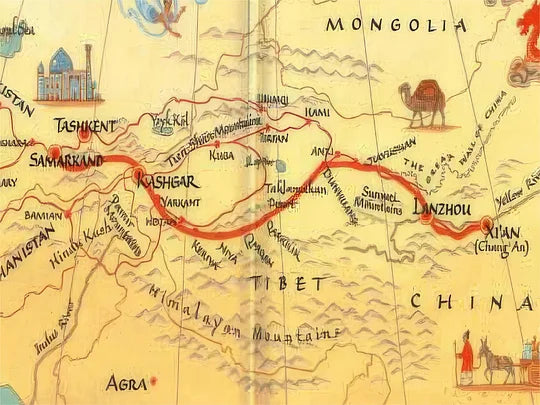
Silk Road and Trade
9th Century
Tea travels along the Silk Road, reaching the Middle East and Central Asia, becoming a valuable trade commodity.
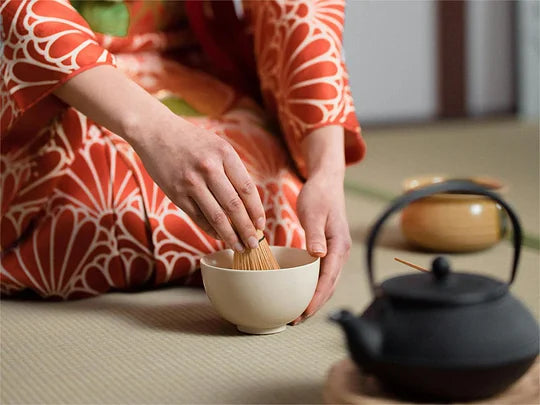
Japanese Tea Culture
12th Century
Buddhist monk Eisai brings tea seeds to Japan, establishing Zen tea practices.
16th Century
The Japanese tea ceremony (Chanoyu) develops, emphasizing mindfulness and aesthetics.

European Introduction
16th Century
Portuguese traders first bring tea to Europe. Dutch East India Company further popularizes it.
17th Century
Tea gains popularity among the European elite.
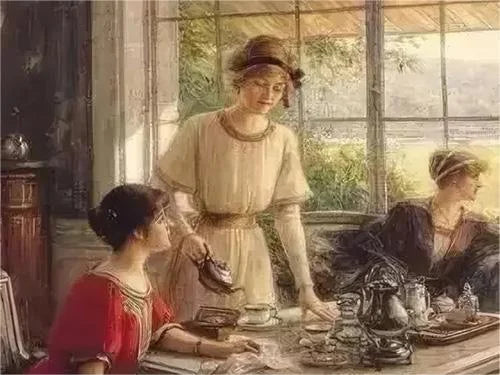
British Influence
1662
Catherine of Braganza, Portuguese queen consort of Charles II, popularizes tea in England.
18th Century
Tea becomes a symbol of British culture and social life, with the introduction of afternoon tea by Anna, Duchess of Bedford.

Colonial Expansion
1773
The Boston Tea Party marks tea's significant role in American revolutionary history.
19th Century
The British establish tea plantations in India and Sri Lanka to break the Chinese monopoly.

Modern Era
Early 20th Century
Tea, along with coffee and cocoa, becomes one of the world's most consumed beverages.
Mid 20th Century
Innovations such as the tea bag and iced tea expand its popularity.
21st Century
Tea's global allure is experiencing a renaissance, with China at the helm. Leveraging millennia of cultural heritage, China is not only leading in tea production but also setting the standard for innovation. The focus is on organic cultivation and sustainable practices, ensuring the tea industry's healthful and eco-friendly future.
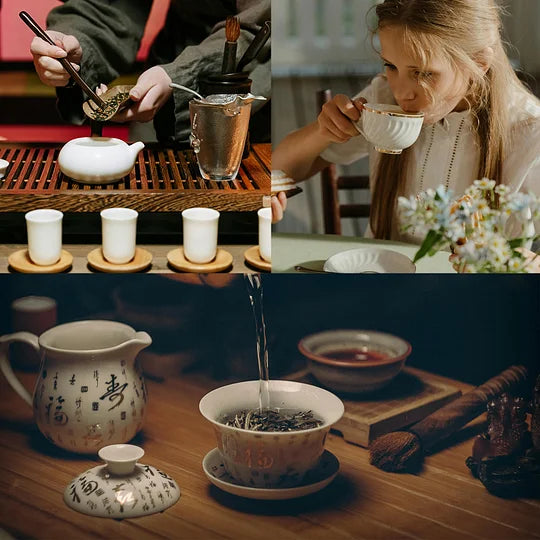
Global Beverage Status
Tea is enjoyed worldwide in various forms—black, green, oolong, white, and herbal.
It plays a crucial role in cultural rituals and daily life across different countries.
